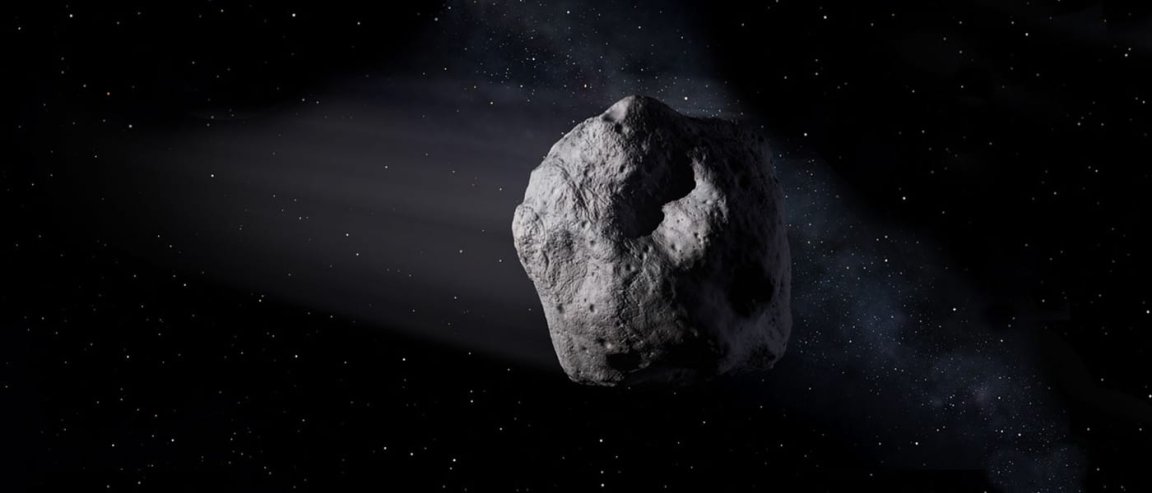
Doomsday Preppers
Asteroid impacts aren’t on everyone’s immediate shortlist of natural disasters, but there is a significant possibility of them happening. With Earth already having been impacted before, and with a NASA database of more than 15,000 near-Earth objects, these are something the people of Earth should be preparing for.

That’s why NASA and FEMA have started training in anticipation of that very real threat. The two agencies recently held a series of exercises that tested readiness and possible response in the event of a large asteroid impacting Earth.
In the hypothetical exercise, NASA and FEMA were posed with an object 100 to 250 meters (300 to 800 feet) striking Earth in 2020. The exercise didn’t give the agencies enough time to mount an asteroid deflection, but they could plan evacuations, the level of information dissemination, and ways to prevent panic.
“It is critical to exercise these kinds of low-probability but high-consequence disaster scenarios,” FEMA Administrator Craig Fugate said in a statement. “By working through our emergency response plans now, we will be better prepared if and when we need to respond to such an event.”
Fighting the apocalypse
The government is treating this sort of threat very seriously. NASA already has an office, the Planetary Defense Coordination Office, that will lead and coordinate between agencies in case this very specific threat arises. There is a similar European facility, the NEO office in Italy.
NASA is also testing how it can deflect asteroids destined for Earth impact. The agency’s Asteroid Redirect Mission is going to try bring an asteroid to the moon’s orbit for study, testing out planetary defense techniques in the process.
Philip Lubin, an astrophysicist at the University of California, Santa Barbara has created a laser propulsion system that will send a probe to Alpha Centauri. A part of the Breakthrough Starshot program, the laser is intended to deflect incoming asteroids.
“It’s not a matter of if, but when, we will deal with such a situation,” Thomas Zurbuchen, NASA’s Science Mission Directorate’s new associate administrator, said in a statement.
And when it happens, we’ll be ready.